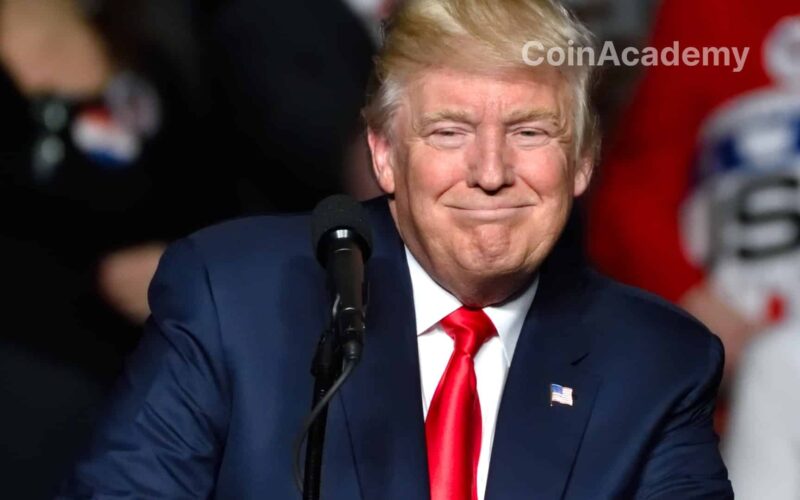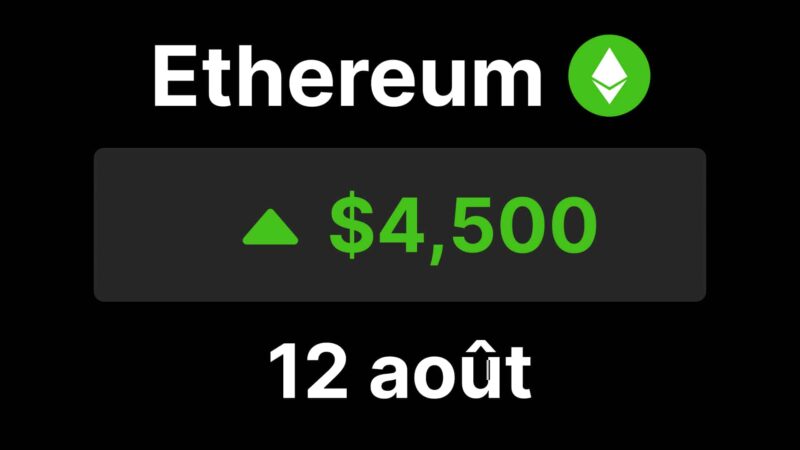The future of Bitcoin seems more uncertain than ever as Bernstein analysts predict a drastic divergence in the cryptocurrency’s price based on the outcome of the upcoming US presidential election. The analysts believe that the outcome of this election could be crucial for the crypto industry, particularly for Bitcoin, which is seen as a ‘Trump bet’ according to Bernstein.
A Crypto Market Dependent on Political Results
As the polls tighten, with Trump slightly ahead on the decentralized prediction platform Polymarket at 52% to Kamala Harris’ 47%, Bernstein envisions two drastically different scenarios. If Donald Trump wins the November election, the price of Bitcoin could skyrocket to between $80,000 and $90,000 by the end of the fourth quarter of 2024. In contrast, a victory for Kamala Harris could lead to a significant drop in the cryptocurrency’s value, bringing it down to between $30,000 and $40,000, testing the levels observed before the Bitcoin ETF frenzy.
Bernstein analysts Gautam Chhugani, Mahika Sapra, and Sanskar Chindalia highlight that this difference in perspective lies mainly in the relationships the crypto industry has with the two candidates. While attempts have been made to bridge the gap with both camps, Trump is perceived as much more favorable to the digital asset industry.
Trump: A Champion of Bitcoin?
Donald Trump has often been vocal about his support to make the United States the ‘global capital of Bitcoin and cryptocurrencies.’ Among his promises, he has mentioned the creation of a national Bitcoin reserve, the appointment of a pro-cryptocurrency SEC chairman, and initiatives to make the US a major player in Bitcoin mining. These statements have gained him the support of a significant part of the crypto ecosystem, which sees him as a potential ally capable of easing suffocating regulations and creating a more favorable environment for investments in digital assets.
Kamala Harris, on the other hand, has not expressed clear positions on cryptocurrencies. The absence of mentions of the subject in her speeches or political programs fuels speculation of stricter regulation, which could slow down the sector’s growth.
Regulation Under Surveillance
The regulatory landscape in the United States has recently seen many twists and turns. Although some actions have been deemed necessary, repeated attacks on platforms like Coinbase or Uniswap have contributed to dividing public opinion and eroded trust in regulators. This climate of mistrust has made crypto an increasingly politicized issue, exacerbated by the divergent statements of the two candidates.
For Bernstein, the regulatory environment is a crucial factor in determining Bitcoin’s growth potential. A favorable legislative framework would help mitigate risks for financial institutions, opening the door for them to invest more heavily in digital assets. This could transform Bitcoin into a serious competitor against traditional assets, stimulating institutional investment flows and catalyzing innovation in the field.
A Presidential Race at the Heart of Bitcoin’s Future
The electoral climate remains tense, and while Polymarket places Trump in the lead with a slight advantage in key states such as Arizona, Georgia, Nevada, and Pennsylvania, Kamala Harris still dominates in other strongholds like Michigan and Wisconsin. However, national poll data remains mixed, making any definitive predictions difficult.
For investors in the cryptocurrency sector, Bernstein analysts sum up the situation simply:
If you are long on crypto, you are probably betting on a Trump victory.
Long-term Optimistic Predictions Despite Everything
Beyond the imminent election, Bernstein remains optimistic about Bitcoin’s long-term prospects. The company’s current projections set a target price of $200,000 by the end of 2025, potentially reaching $500,000 by 2029, and peaking at $1 million by 2033. These forecasts reflect continued confidence in Bitcoin’s ability to establish itself as a store of value, even amid short-term political and economic uncertainties.




